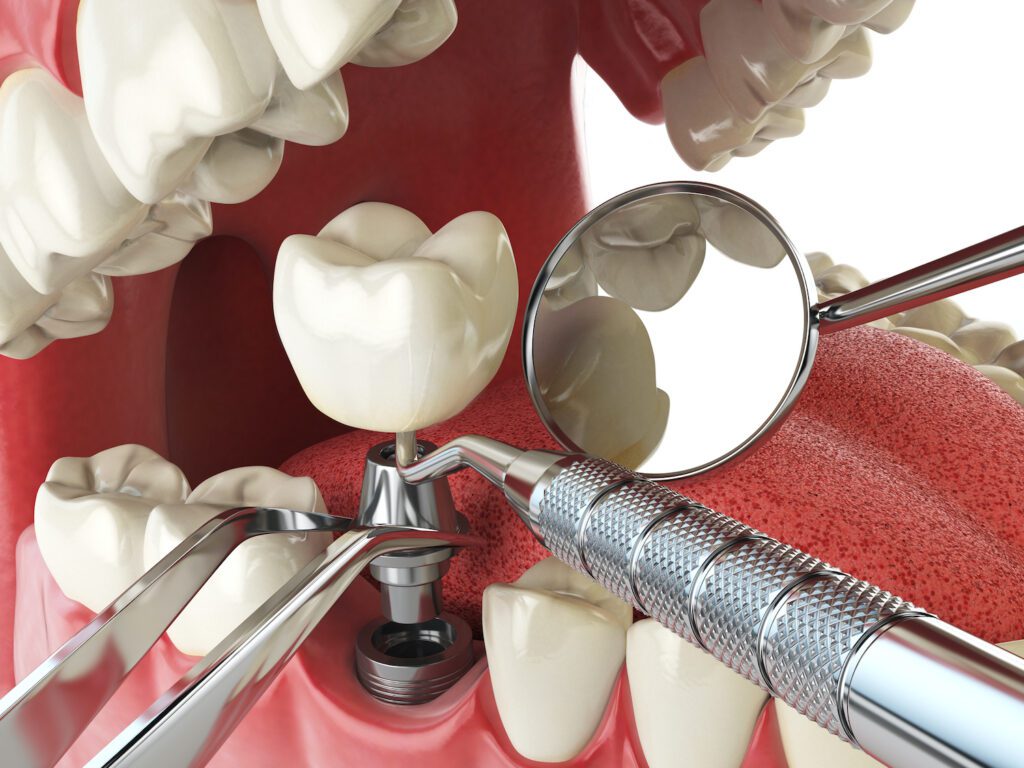When getting dental treatment, it’s normal to feel a certain level of apprehension. But the more you understand about a procedure, the more confidence you can have in seeking treatment. Dental implants in Payette, ID, can seem like a big deal, but they’re actually a fairly routine procedure these days. Your dentist will often coordinate with a local oral surgeon for your treatment. While it may seem scary at first, once you know how dental implants work, you may be able to feel more at ease when getting the treatment you need.

What to Expect From Dental Implants in Payette, ID
Dental implants often have many restorative benefits that other replacement options lack. With implants, most patients can expect a stronger jaw, more stable bite, and improved oral hygiene routine. Whether you’re getting a single dental implant or multiple ones, the process tends to be the same.
Exam and Consultation
Before you can jump into treatment, your dentist will need to examine your bite and consult with you on your treatment. During your exam, your dentist will likely take X-rays of your jaw. They may also take photos of your smile or impressions of your bite to help guide treatment. This step is crucial to ensure your mouth is healthy enough for a dental implant.
Pre-Treatment
If you have gum disease or bone density loss in your jaw, you may not be eligible for a dental implant. Gum disease can cause pain and discomfort during treatment and may lead to a failed implant. Implants are surgically placed into your jawbone, so it’s also crucial that you have enough bone density for full infusion. If your dentist notices any concerns, they may recommend pre-treatment, such as periodontal therapy or bone grafting. Getting these treatments can often help improve your chances of a successful implant process.
Surgical Placement
Once you’re cleared for an implant, an oral surgeon will surgically place the implant post into your jaw. For most patients, this process only requires a local anesthetic, and you’ll often remain fully awake and aware during your appointment. Patients can expect to wait around three to six months for the implant to integrate and heal. During this time, it’s crucial that you follow your dentist’s oral hygiene instructions to help prevent damage to the implant site.
Restoration
The implant post itself mimics the natural root structure of your tooth. However, it’s not enough alone to restore your bite. To complete treatment, your dentist will need to see you again to add a final restoration. If you have a single dental implant, you will likely need a dental crown. But if you have multiple implants, you may need a bridge, partial, or denture to complete treatment.
If you’re missing teeth, dental implants could be the solution. Contact Payette Dental today at 208.243.9807 to schedule a consultation and see if implant dentistry is right for you.
